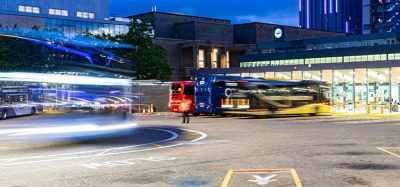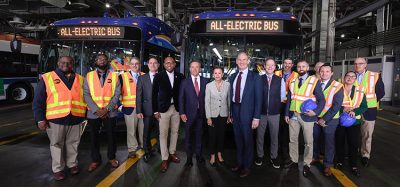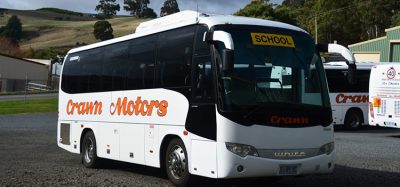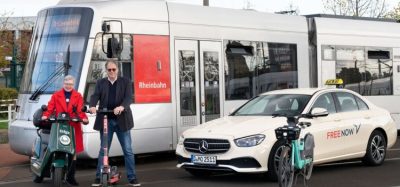On-demand shared service re-purposed to service healthcare workers in Berlin
- Like
- Digg
- Del
- Tumblr
- VKontakte
- Buffer
- Love This
- Odnoklassniki
- Meneame
- Blogger
- Amazon
- Yahoo Mail
- Gmail
- AOL
- Newsvine
- HackerNews
- Evernote
- MySpace
- Mail.ru
- Viadeo
- Line
- Comments
- Yummly
- SMS
- Viber
- Telegram
- Subscribe
- Skype
- Facebook Messenger
- Kakao
- LiveJournal
- Yammer
- Edgar
- Fintel
- Mix
- Instapaper
- Copy Link
Posted: 24 March 2020 | Sam Mehmet (Intelligent Transport)
From 25 March to 19 April, the BerlKönig on-demand ride service will suspend regular operations, and the service will exclusively provide free on-demand rides for medical and nursing staff during night-time hours.
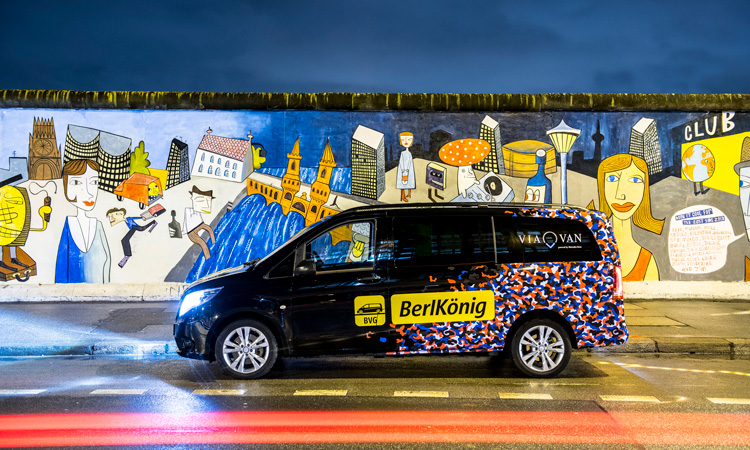

ViaVan, the European public mobility solutions provider, and Berliner Verkehrsbetriebe (BVG) have partnered to transform the BerlKönig, Berlin’s on-demand shared ride service, into a public transit service for Berlin’s essential healthcare workers during the coronavirus (COVID-19) public health crisis.
“Getting critical staff to work reliably and safely has never been more important,” said Chris Snyder, CEO of ViaVan. “Digitally-enabled transport services like the BerlKönig can play a key role in allowing public transport to adapt to demand amidst rapidly changing situations. We are proud to apply our technology and operational expertise to support essential mobility for critical healthcare workers in Berlin during these challenging times.”
“With our large buses and trains, we offer all Berliners who still need to be mobile in this difficult situation, a reliable and stable offer,” added Dr. Rolf Erfurt, Chief Operating Officer of BVG. “Healthcare workers, doctors and nurses are also currently delivering top performance. For that we say thank you with our BerlKönig special trips!”
During this time, the BerlKönig will operate in an expanded zone, transporting workers during shift changes when and where transport is needed most. The service area includes the entire S-Bahn ring and an extension to the city outskirts to include additional hospitals. Rides will be limited to three passengers per vehicle, to allow for proper social distancing, in line with public health recommendations.
The partnership between ViaVan and BVG is said to demonstrate how technology-enabled solutions can step in to utilise existing infrastructure to provide safe, reliable, and efficient mobility services for essential workers, while complementing existing public transit systems.
Related topics
COVID-19, Mobility Services, New Appointments, On-Demand Transport
Related cities
Berlin
Related organisations
Berliner Verkehrsbetriebe (BVG), ViaVan
Related people
Chris Snyder, Dr. Rolf Erfurt



